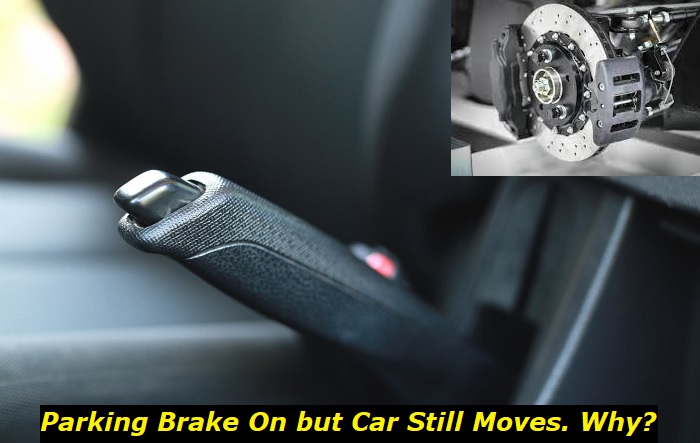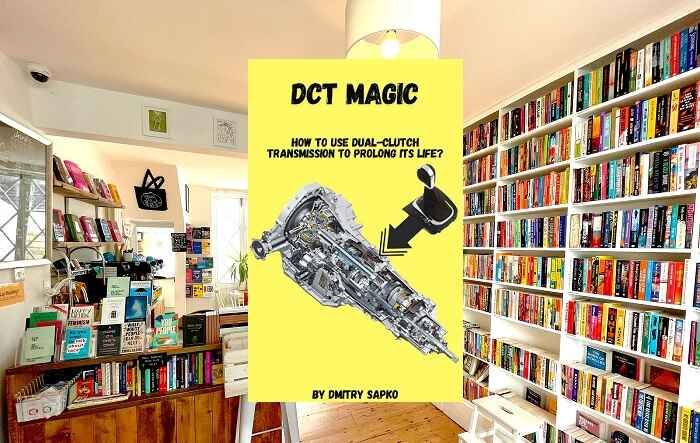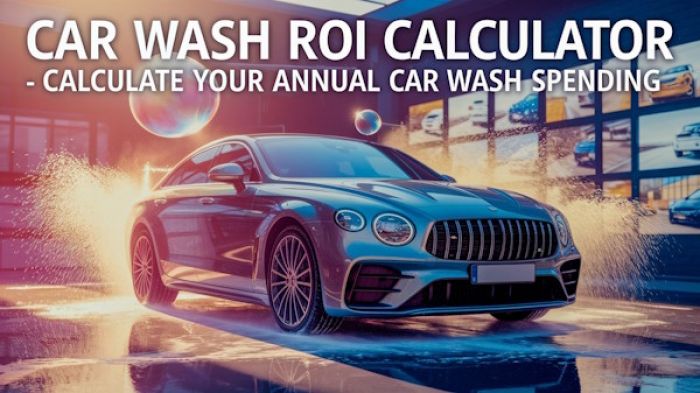Your car can move when on the parking brake because of bad rear brake pads, poor parking brake wires, electronic issues, or problems with ABS. These issues can cause different failures in the braking system and cause such unpleasant situations as the failure of the parking brake.
Parking brake problems highlights
- Level of urgency:medium
- DIY diagnostics:possible but complicated
- DIY repairs:impossible
- Price for repair:$100 - $450
- Common symptoms:locked wheels, car rolling
- Commonreasons:EPB problems, rear pads issues, parking brake system problems
- If ignored:no parking brake, rolling back, dangerous situations

Checking the symptoms of parking brake malfunction
There are basically two types of parking brakes in modern vehicles. The first type is quite classical - the parking brake lever that you need to pull to activate the system. It's usually located between the front sits. The other type is an electronic parking brake that is activated by a button or small switch that can be located anywhere in the vehicle.
The traditional system with the lever between the sits has two metal wires that manually activate the brake pads in your rear wheels. These wires work independently and can be applied without using the main braking system.
In an electronic parking brake, you only send the signals with the switch and the ECU manages the parking brake. There are no wires, the system usually uses ABS or some other braking system to activate the parking brake and to hold the rear or all four wheels.
The common symptoms are as follows:
- you apply the parking brake but your car still moves down the hill;
- the play of the parking brake lever is too large, you can feel the change;
- you don't feel any resistance in the parking brake lever and the brake is not activated at all;
- the car may just not feel any difference with the parking brake on and off;
- or the vehicle may slowly move down the hill when on the parking brake showing that it works but not efficiently.
Also, the range of problems may vary according to the system of rear brakes in your car. There are two possible options - disc brakes and drum brakes. While disc brakes are more reliable and easier to maintain, drum brakes are hard to diagnose and repair. Also, the drum braking system is more prone to different unpleasant problems that can happen with it.
Electronic parking brake - possible problems
If your vehicle has electronic parking brakes, it shouldn't have a lot of these issues. The electronic switch communicates with the ECU and the ECU sends signals to the brakes and tells them what to do through the ABS system controlling the pressure of the brake fluid.
There are also other types of electronic parking brake systems that work through different schemes and ways. But the common problems are always the same:
- parking brake switch problems - the switch may have been affected by water or it's just old enough to break down;
- there is a problem with wiring - some wire may have been broken or it just lost connection at some point;
- ECU issues - in this case, there are likely to be other problems with your car like random error messages, etc;
- ABS problem - when the ABS system is not OK and can't control all four wheels of your car, it can't do its job in the electronic parking brake system, too;
- low brake fluid - when there is not enough fluid, the system can't build up the needed pressure to hold the brakes in the activated position;
- mechanical issues like the problem with the brake rotor or pads, calipers, or other parts of the braking system.
The majority of other problems that are described below this section are also possible. But these issues are specific to the electronic parking brake system. If it fails, you will need to look for the problem exactly in the electronic modules and units first. It's good that in most cases you can use your scanner to check these problems and locate them immediately.
Traditional parking brakes common problems
If your car still moves after you activate the parking brake lever, try raising it even higher. Maybe, the pads are a little worn out and need proper pressure to do their job. It means that your rear brakes are losing their efficiency and are likely to require pad replacement very soon. But still, if the brake works after you raise the lever a little more, the system is in normal condition and can function.
But if it doesn't function well, you will need to dig deeper to find the problem. In this case, the scanner is not likely to help (unless the ABS malfunctions, but it's highly unlikely to be the culprit in this situation).
So, here are the possible issues:
- the metal wires that connect your parking brake lever and the brakes are stretched and need adjustment or replacement;
- brake pads are worn out and just can't reach the brake rotor or drum to press it properly and hold the vehicle;
- the drum or rotor are worn out and can't ensure proper pressure with the pads to hold the car in place;
- the caliper is stuck or broken on one of the wheels which may cause low efficiency of the parking brake;
- the entire braking system in the drum is broken on one of the wheels - this is not an uncommon situation for this type of rear brake.
You may notice that when you have a traditional parking brake, the majority of common problems are mechanical. That's because there are no electronic modules in the process - you manually activate the brakes with very simple technology. So, fewer things can go bad and cause problems.
But the majority of car manufacturers are now turning to electronic parking brakes. They don't tend to fail very often, but sometimes they still may show some problems and leave you without the parking brake.
How much is it to repair the parking brake that is not holding your car?
Unfortunately, it's impossible to say a proper price range because it depends on the model and year of your vehicle, the type of brakes you are using, and also the nature of the problem your vehicle is experiencing.
The cheapest repair is to adjust the metal wires on the manual parking brake system which costs about $50. If you need to replace some parts in your brakes, the labor will cost you a minimum of $200 in repair shops and twice as expensive in a dealership. Plus, you should also add the price of parts.
If your brakes are totally worn out and need replacement of the rotor, pads, calipers, and some other parts, this repair is going to cost you at least $600-$800 for one wheel.
Also, diagnostics and electronic system repair may cost you a minimum of $200-$300 and this price doesn't include parts.
I don't recommend repairing or even inspecting brakes without professional help. This is obviously not a DIY thing in your car maintenance. One mistake in the process of repair may cost you life and health because brakes are the most important unit in your vehicle.
What can you do if the parking brake can't be activated?
Now you know how you can solve the problem with a malfunctioning parking brake. But you still don't know what to do when this happens to your vehicle. I should tell you that there are some restrictions for cars without a properly working parking brake system.
Here's how you should park your vehicle:
- find a place to park your car without the incline of the road, don't leave such a vehicle on the hill;
- when parked, set the gear shift lever to P or hold the clutch and brake pedals and shit to the first gear in manual tranny;
- then turn off the engine and release all pedals carefully, make sure that your vehicle is not moving anywhere;
- you are safe to go and do your business but never ignore this problem and repair the parking brake as soon as possible.
You may want to put something next to the wheel of your vehicle like a brick, for example, to avoid unintentional moving of your car. But when the car is in P or in the first gear (for manual trannies), the vehicle won't move. And if you forget about the brick and start driving, you may damage your car even worse. So, this is usually a bad idea.
Even though you can get along without the parking brake, it's not really safe to use your car without it. Make sure you plan your visit to the dealership or to the trusted repair shop and have your vehicle properly inspected and repaired by professionals as soon as possible.
About the authors
The CarAraC research team is composed of seasoned auto mechanics and automotive industry professionals, including individuals with advanced degrees and certifications in their field. Our team members boast prestigious credentials, reflecting their extensive knowledge and skills. These qualifications include: IMI: Institute of the Motor Industry, ASE-Certified Master Automobile Technicians; Coventry University, Graduate of MA in Automotive Journalism; Politecnico di Torino, Italy, MS Automotive Engineering; Ss. Cyril and Methodius University in Skopje, Mechanical University in Skopje; TOC Automotive College; DHA Suffa University, Department of Mechanical Engineering






Add comment